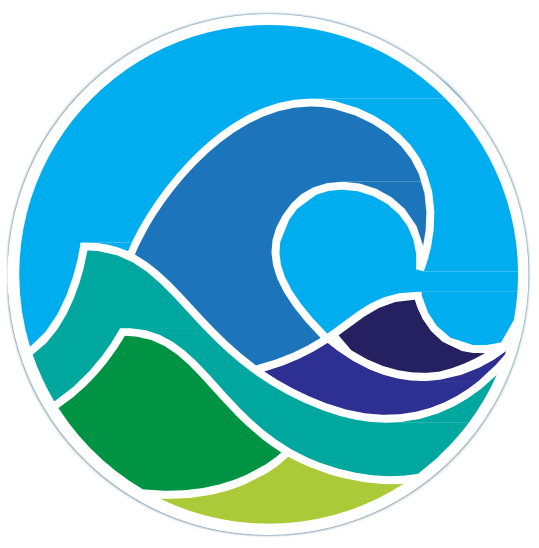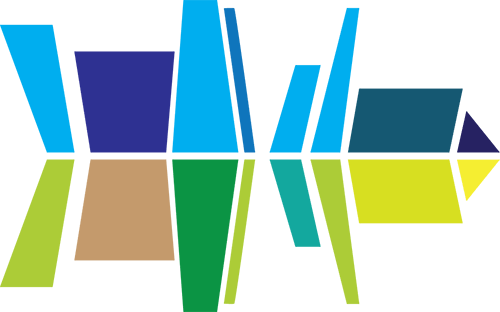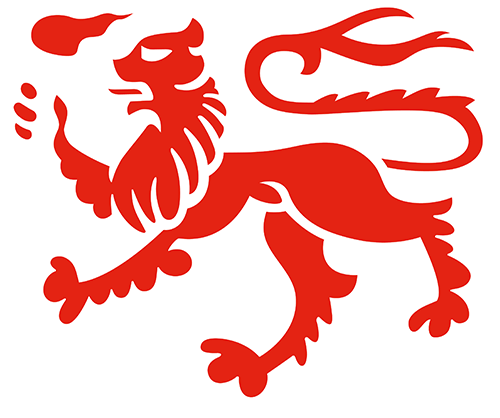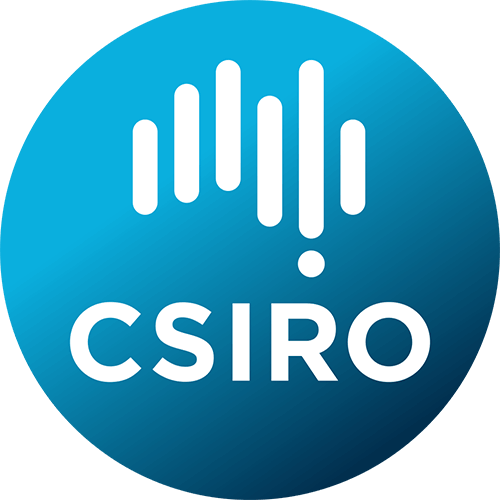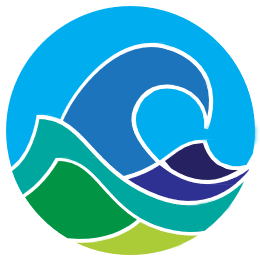Contact Us
#futureseas2030
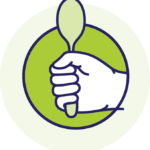
3. Food for All
Designing sustainable and secure future seafood systems
Summary
Food from the sea can make a larger contribution to healthy and sustainable diets, and to addressing hunger and malnutrition, through improvements in production, distribution and equitable access to wild harvest and mariculture resources and products. The supply and consumption of seafood is influenced by a range of ‘drivers’ including ecosystem
change and ocean regulation, the influence of corporations and evolving consumer demand, as well as the growing focus on the importance of seafood for meeting nutritional needs. These drivers need to be examined in a holistic way to develop an informed understanding of the needs, potential impacts and solutions that align seafood production and consumption
with relevant 2030 Sustainable Development Goals (SDGs). This paper uses an evidence-based narrative approach to examine how the anticipated global trends for seafood might be experienced by people in different social, geographical and economic situations over the next ten years. Key drivers influencing seafood within the global food system are identified and used to construct a future scenario based on our current trajectory (Business-as-usual 2030). Descriptive pathways and actions are then presented for a more sustainable future scenario that strives towards achieving the SDGs as far as technically possible (More sustainable 2030). Prioritising actions that not only sustainably produce more
seafood, but consider aspects of access and utilisation, particularly for people affected by food insecurity and malnutrition, is an essential part of designing sustainable and secure future seafood systems.
Infographic
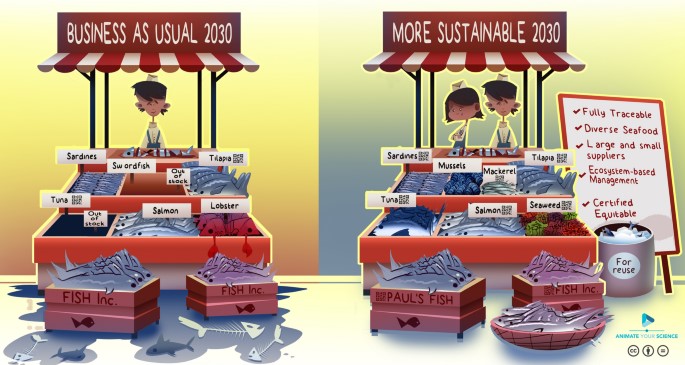
Lead Investigators
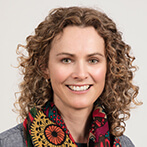
Dr Anna Farmery
Australian National Centre for Ocean Resources and Security, University of Wollongong / CMS
Anchor
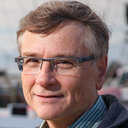
Prof Reg Watson
Institute for Marine and Antarctic Studies
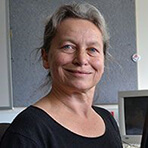
Prof Barbara Nowak
Institute for Marine and Antarctic Studies / CMS
Co-Authors
Meet our fellow team members who contribute to the success of this project.

Chris Carter
Institute for Marine and Antarctic Studies / Blue Economy CRC
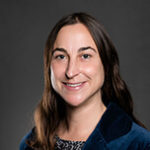
Aysha Fleming
CSIRO Land and Water / University of Tasmania / CMS

Bianca Haas
Institute for Marine and Antarctic Studies / CMS
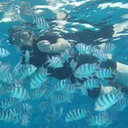
Karen Evans
CSIRO Oceans and Atmosphere

Kelli Anderson
Institute for Marine and Antarctic Studies, University of Tasmania

Yannick Rousseau
Institute for Marine and Antarctic Studies / CMS
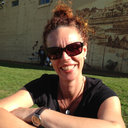
Ingrid van Putten
CSIRO Oceans and Atmosphere / CMS
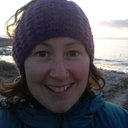
Karen Alexander
Institute for Marine and Antarctic Studies / CMS
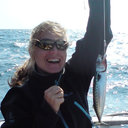
Kirsty Nash
Institute for Marine and Antarctic Studies / CMS
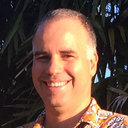
Leo Dutra
CSIRO Oceans & Atmosphere / Centre for Marine Socioecology / School of Marine Studies, The University of the South Pacific
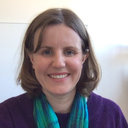
Linda Murray
Massey University
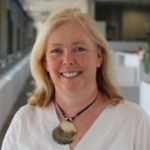
Catriona MacLeod
Institute for Marine and Antarctic Studies / CMS
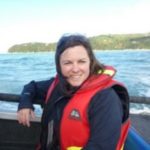
Julia Blanchard
Institute for Marine and Antarctic Studies / CMS

Stewart Frusher
Institute for Marine and Antarctic Studies / CMS
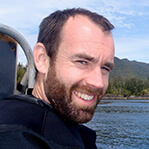
Rowan Trebilco
CSIRO Oceans & Atmosphere / Institute for Marine and Antarctic Studies / CMS
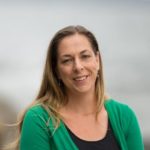
Gretta Pecl
Institute for Marine and Antarctic Studies / CMS
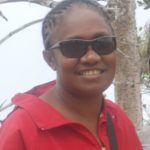
Senoveva Mauli
UOW (ANCORS)
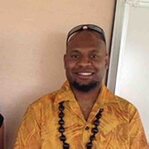
Jeremie Kaltavara
Australian National Centre for Ocean Resource and Security, University of Wollongong

Mibu Fischer
CSIRO Oceans and Atmosphere / CMS
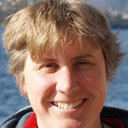
Beth Fulton
CSIRO Oceans & Atmosphere/ CMS / Blue Economy CRC

Dean Greeno
Riawunna Centre for Aboriginal Education / CMS, Australia
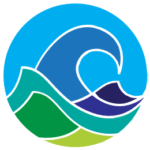
future seas
FUTURE SEAS is a unique collaboration , spear-headed by the Centre for Marine Socioecology, of over 100 researchers from the University of Tasmania (UTAS), the Commonwealth Scientific and Industrial Research Organisation (CSIRO) and other institutions
Contact UsOther Links
Project flyerPartners
Copyright 2026 Future Seas.
